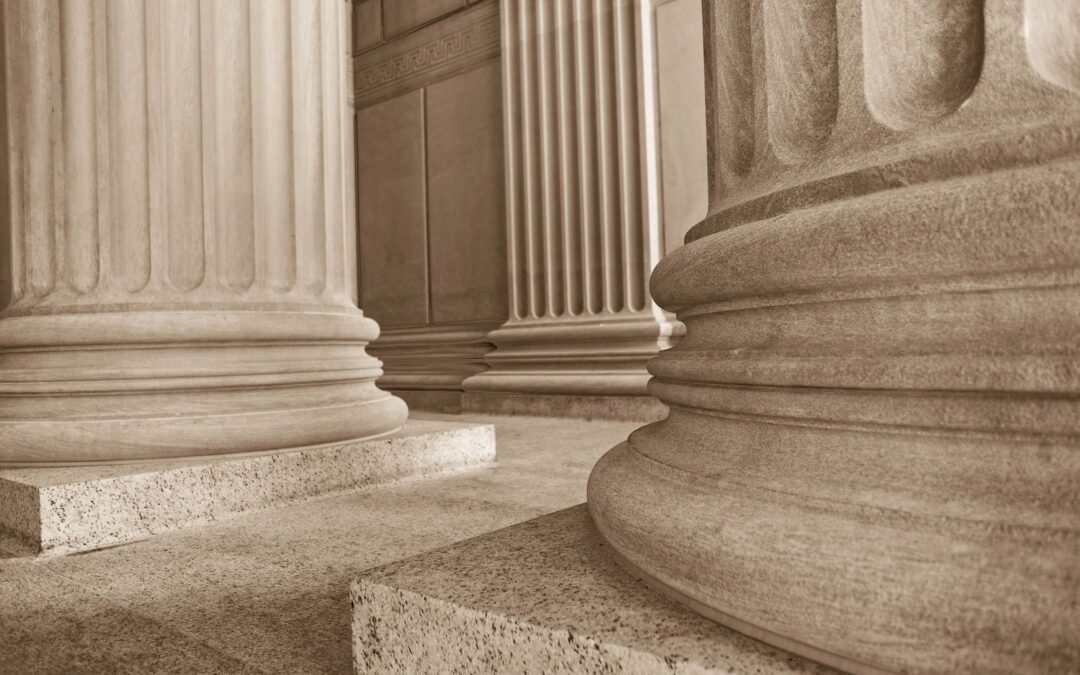
by Matthew Johnson | Feb 8, 2024 | Claim Construction, Federal Circuit, PTAB News
By Luke Cipolla, Matt Silveira, and Matt Johnson – In Pacific Biosciences of California, Inc. v. Personal Genomics Taiwan, Inc., the Federal Circuit recently affirmed two PTAB decisions in IPRs filed by Pacific Biosciences of California, Inc. (PacBio) that...

by David Maiorana | Nov 16, 2023 | Federal Circuit, Federal Circuit Appeal, PTAB News
By Dave Maiorana and Megan McKnelly – In a precedential opinion, the Federal Circuit affirmed two Patent Trial and Appeal Board (“PTAB”) patentability decisions, holding that the PTAB did not abuse its discretion by not addressing arguments not clearly presented...

by Marc S. Blackman | Sep 22, 2023 | Federal Circuit, Final Written Decisions
By Marc Blackman – In a precedential opinion, the Court of Appeals for the Federal Circuit vacated a final written decision in which the Patent Trial and Appeal Board (“PTAB”) found that Apple had failed to meet its burden of showing unpatentability due to an...

by Josh Nightingale | Jun 13, 2023 | Federal Circuit
By Adam J. Cook* and Josh Nightingale – Absent exceptional circumstances, the Federal Circuit will generally not consider arguments that a party failed to present in the tribunal under review. In Netflix, Inc. v. DivX, LLC, the Federal Circuit held that IPR...

by Josh Nightingale | May 5, 2023 | Estoppel, Federal Circuit
By Josh Nightingale – Under 35 U.S.C. § 315(e)(2), a patent challenger in an inter partes review (IPR) that reaches a final written decision is estopped from arguing in a district court or the ITC that the challenged patent is invalid based on grounds that were...

by Matthew Johnson | Feb 10, 2022 | Federal Circuit, Prior Art Issues, PTAB News
By Robby Breetz, Christian Roberts, and Matt Johnson – Section 311(b) limits inter partes review to “ground[s] that could be raised under section 102 or 103 and only on the basis of prior art consisting of patents or printed publications.” 35 U.S.C. § 311(b)...







